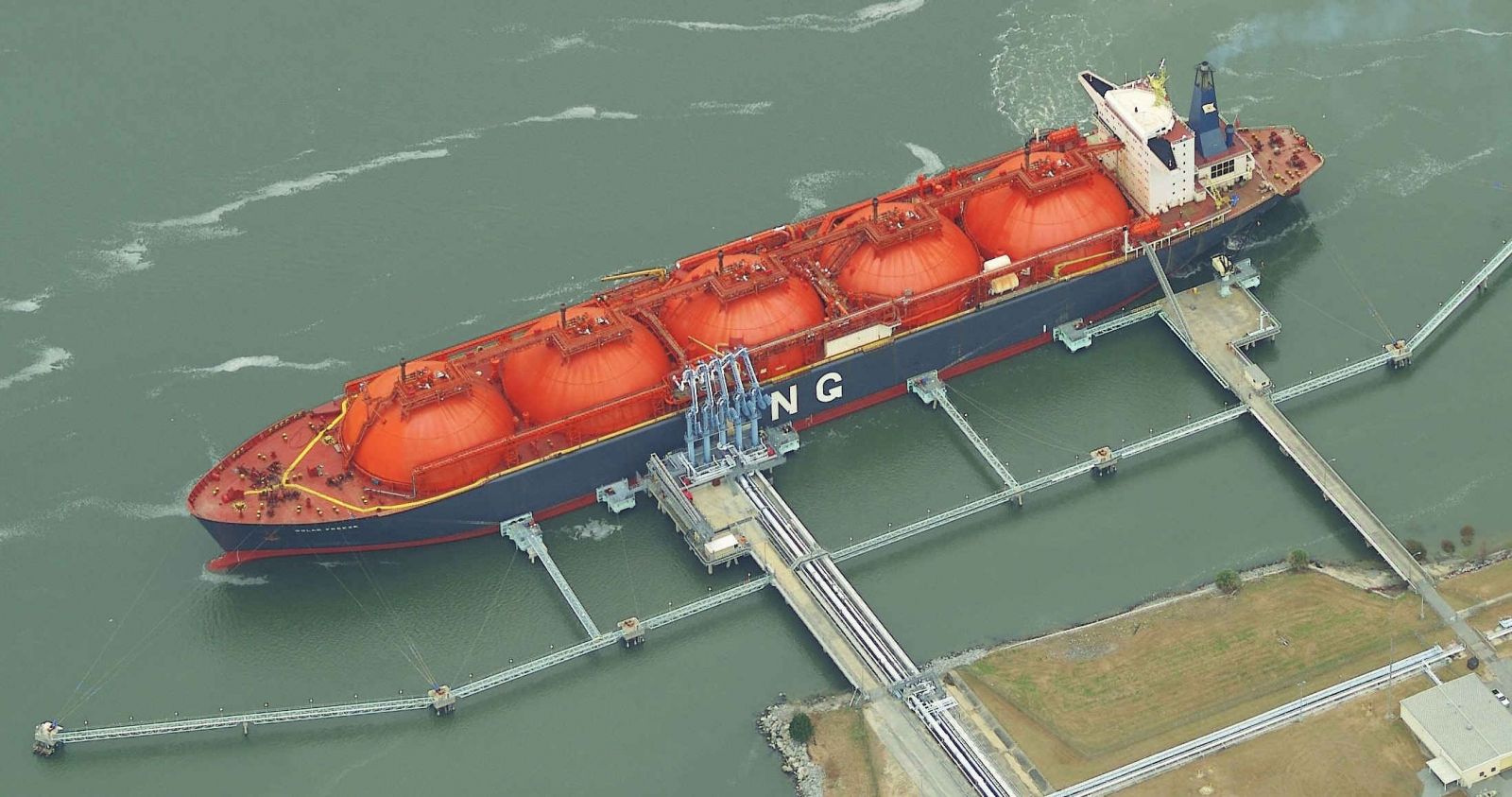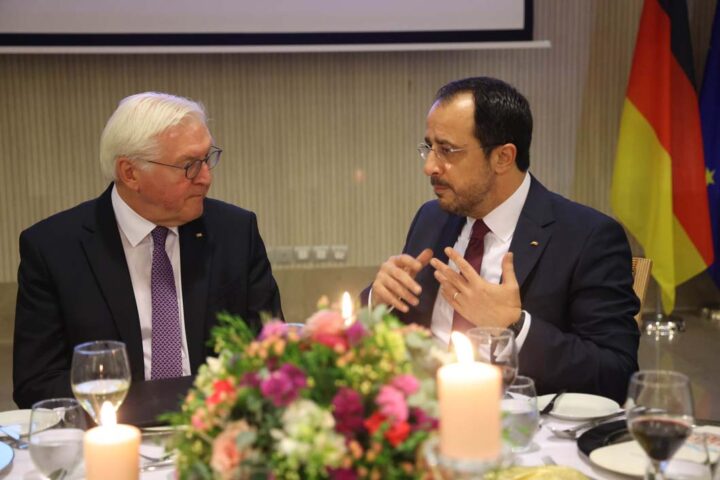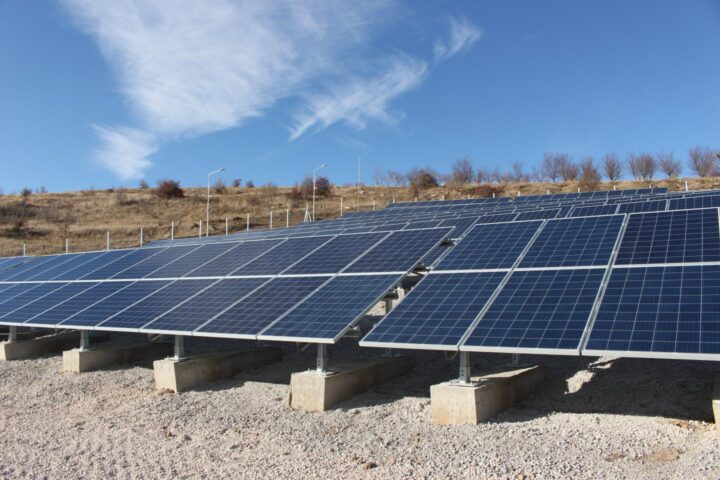Energy Minister George Papanastasiou believes developing infrastructure to harness the natural wealth in the Cypriot Exclusive Economic Zone (EEZ) is critical.
He argued that while Cyprus boasts significant natural gas reserves, the lack of essential infrastructure hinders its effective utilisation – the key obstacle for a deal on Aphrodite gas with Chevron.
“Without the necessary infrastructure, it’s as if these discoveries don’t exist in our EEZ,” Papanastasiou told the Economist summit.
He commented on the regional situation and said Egypt faces a gas shortage and daily blackouts.
He also highlighted Israel’s effective use of its natural resources, making the country largely self-reliant regarding energy.
In contrast, he said, Cyprus faces high electricity costs and has yet to fully exploit its resources in the EEZ due to the absence of necessary infrastructure.
Papanastasiou argued the need for infrastructure development to secure the country’s energy future and economic prosperity.
He said the revenue generated would still benefit Cyprus and contribute to the country’s future even if gas exports were directed elsewhere.
Referring to rising costs associated with emissions, which burden Cyprus’ electricity market, the minister revealed that these costs are expected to reach half a billion euros next year, highlighting the urgency of addressing the issue.
Constantinos Filis, Director of the Institute of Global Affairs, emphasised Israel’s pivotal role in the region and the potential negative consequences of suspending energy projects due to the Middle East crisis.
He said that unless infrastructure becomes a target, Israel is unlikely to halt its program.
Filis also expressed optimism about the possibility of joint ventures between Cyprus and Israel, even amid the ongoing crisis.
On plans to export Israeli gas via Turkey, he said that after the latest development, this scenario was unlikely.
“The current situation is increasingly turning Israel’s attention toward Cyprus and Greece.”
He said Egypt’s existing LNG facilities provide Israel and Cyprus with an opportunity for export.
He also pointed out the risk of Turkey’s marginalisation in energy developments, which could potentially lead Ankara to revert to past aggressive actions, such as deploying drill ships in Cypriot waters, thereby discouraging potential investors.









